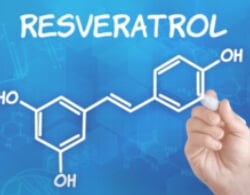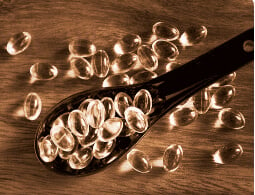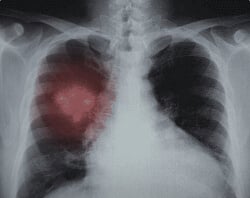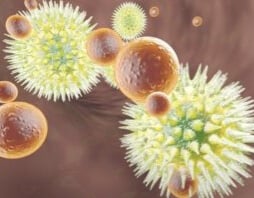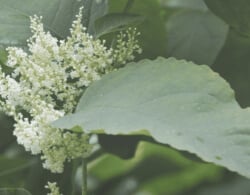A lot of nutrients, like pantethine, carnosine, and DHA, are known for their metabolism-boosting and anti-aging properties. Most nutrients have some beneficial effects on the body. But resveratrol may be at the top of the heap- it's a prime anti-aging compound with an extra fat-burning bonus! The pharmaceutical companies are cashing in, coming out with a multitude of supplements touted as weight-loss aids and anti-aging medicines.
Resveratrol works by activating a fat-blasting and anti-aging gene called SiRT1. It prevents weight gain on a high-fat diet and promotes weight loss on a calorie-restricted diet. It also improves endurance and stamina for exercise. It provides a variety of health benefits, not the least of which is improved cardiovascular health. [1]
Interest in resveratrol heightened when it was discovered to be a possible cause of the “French Paradox”, the seemingly unexplainable ability to live on a high-fat diet while having a lower rate of heart disease. Resveratrol helps the liver to metabolize fat and aids in the breakdown of stored fat.
Resveratrol is a polyphenol produced in blueberries and grapes as a defense mechanism against Infection and UV radiation. Grapes growing in a damp climate have more resveratrol than almost anything else- it's a strong antioxidant and antifungal! Resveratrol differs from grape seed extract because it's not a pterostilbene. These compounds are able to lower Cholesterol and triglyceride levels, and they have anti-aging properties as well.
The amount of resveratrol in red wine can range from 2-14 mg. Dietary supplements are usually taken from the roots of a Japanese knotweed plant, a far cheaper source than grapes. Doses go from a few milligrams to 100 mg or more. Resveratrol is quickly absorbed by the body, reaching the bloodstream in less than thirty minutes. It's rapidly metabolized by the liver. [2]
Other than anecdotal reports, there's not much to go on besides a few cell studies, and some research is done on small animals- but the testing that has been done is very encouraging.
References:
- https://www.ncbi.nlm.nih.gov/pmc/articles/PMC5630366/
- https://www.sciencedirect.com/science/article/pii/S0963996901001831


